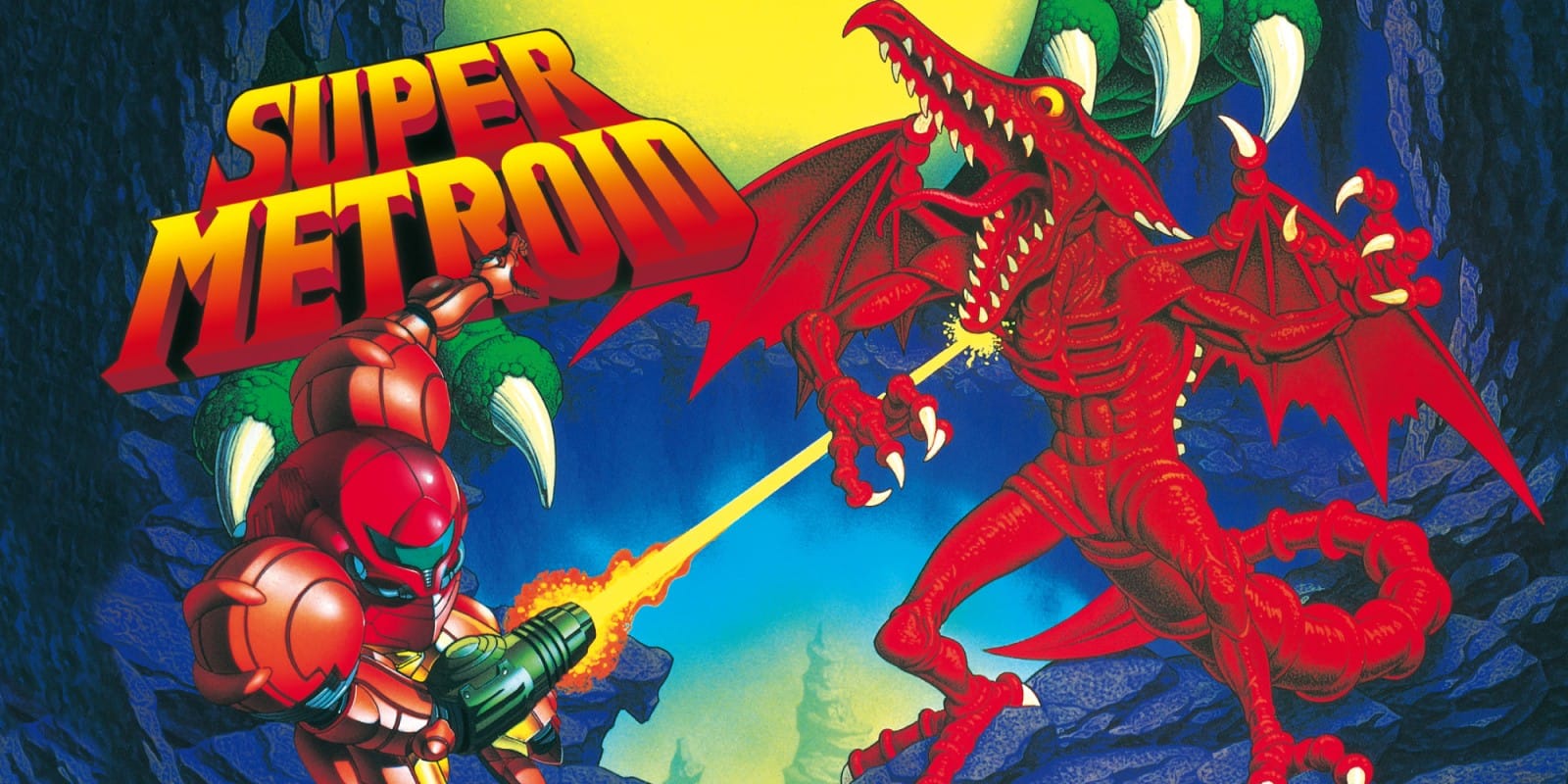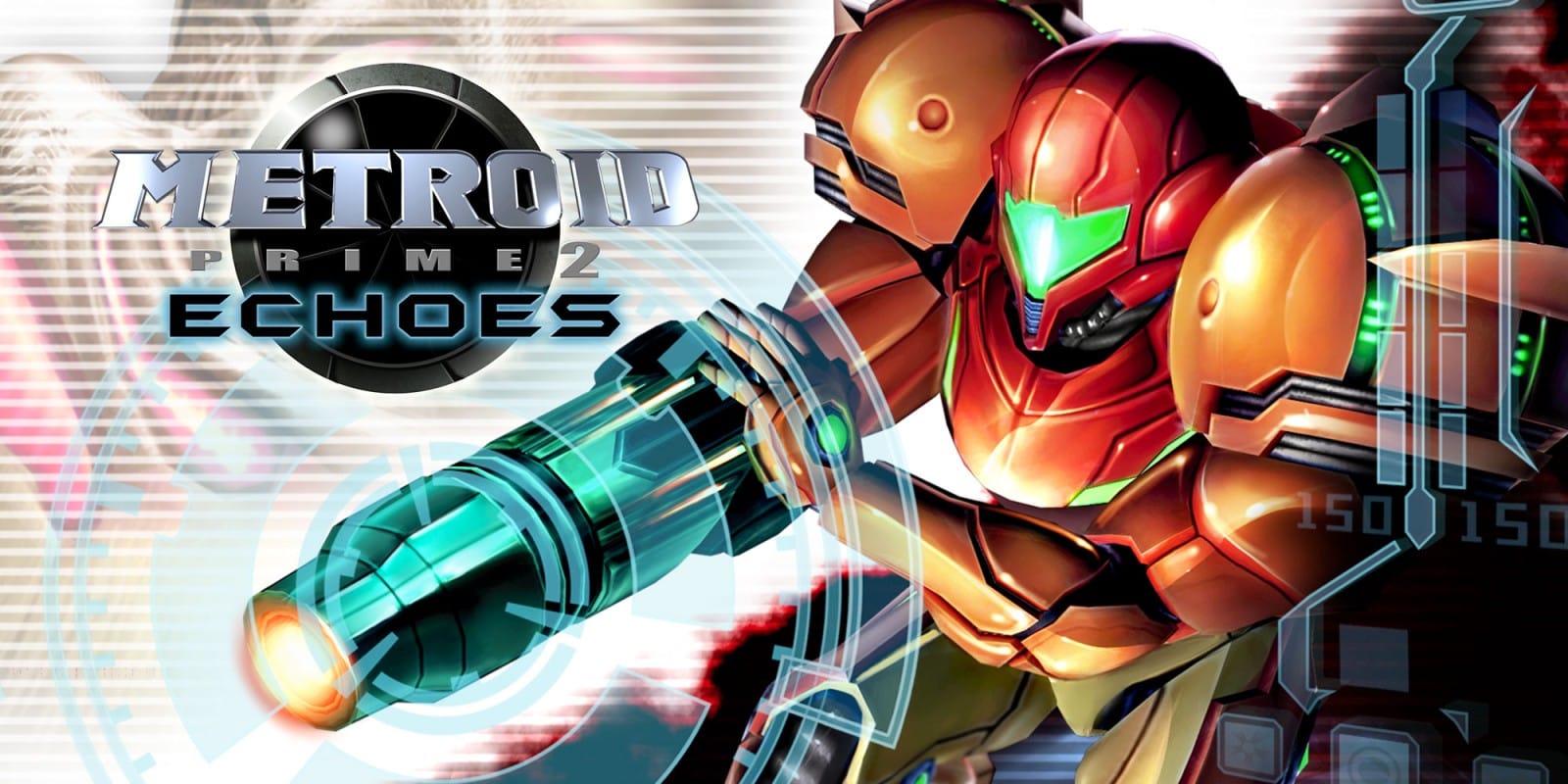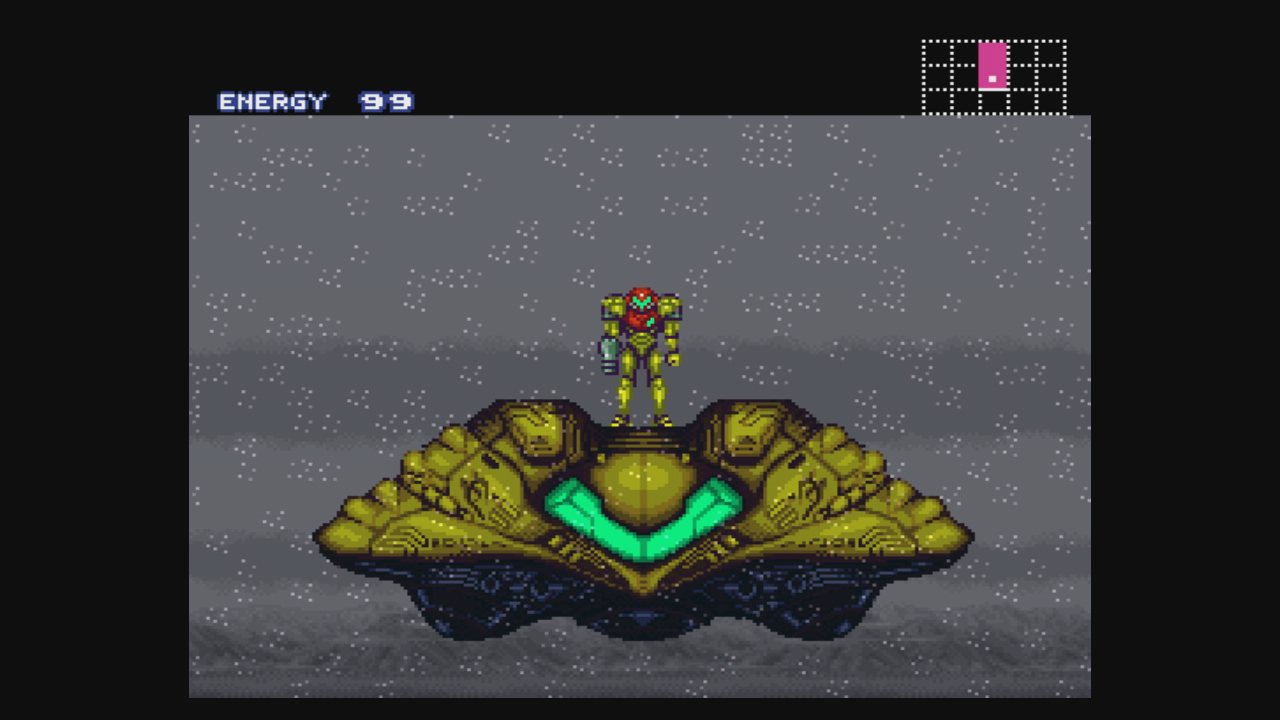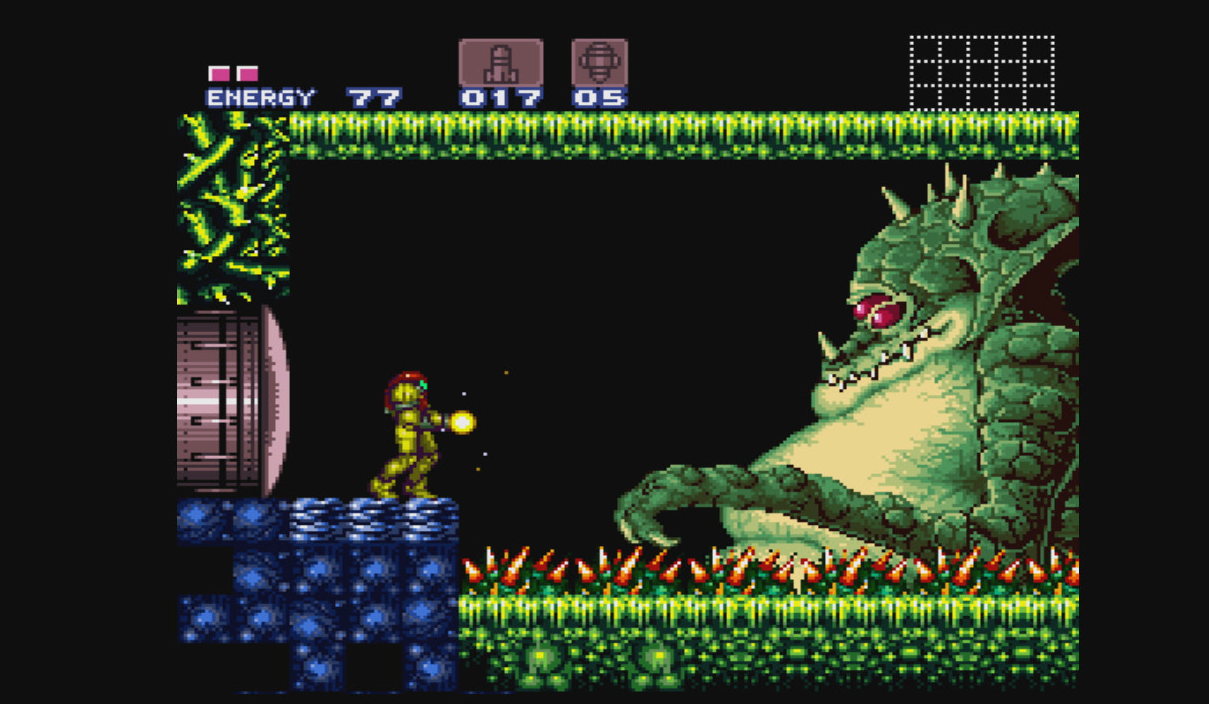Super Metroid at 30
Exploring the world of a classic franchise at its 30th birthday

I didn’t grow up playing Nintendo games. When my folks bought me a Game Boy Colour in 1999, I used it exclusively to play Pokémon (or face ostracization from the school yard, natch). I didn’t own any other game for that lovely little green handheld—Pokémon Red and Silver fulfilled all my desires. Otherwise I was found on my PlayStation and, later, my Xbox. It’s just how the chips fell.
Nintendo games existed on my periphery as a series of fleeting experiences, which seems odd given what huge cultural touchstones its flagship titles became. I briefly played Mario on a friend’s N64 one night, but I didn’t fall in love with Miyamoto's mascot plumber. Then there were the occasional weekends at an uncle's, where I'd spend the afternoons on his SNES bouncing through Yoshi’s Island. It was fun, but I didn’t feel any particular pull—my heart belonged to Lara Croft and Crash Bandicoot, to Solid Snake and Jill Valentine.
Until the GameCube arrived, anyway. Like the Game Boy Colour before it, I acquired a GameCube for the sole purpose of playing one game: Resident Evil 4. But this was 2004, and my love for the first-person shooter was at its peak. A strange-looking title I’d never heard of called Metroid Prime: Echoes caught my eye while browsing GAME's shelves, and after much badgering and pleading (and probably a few feigned tears), my dad picked it up for me.

I was instantly enamoured by Echoes’ split world of Aether, and intrigued by its silent, enigmatic protagonist, Samus Aran. It was unlike anything else I’d played before, but my dumb teenage brain wasn’t ready for it. I couldn’t get to grips with the slow pace, the constant scanning, the peculiar combat. I called it quits about an hour in, bamboozled by Aether's acidic mirror world. After that, Metroid dropped off my radar.
(Note: I have since played through every title in the Prime trilogy, and I count Echoes as one of my favourite games ever.)
It wasn’t until fifteen years later, housebound by a global pandemic, that I returned to Samus’ galaxy. My housemate at the time lent me his Nintendo Switch, and in anticipation of the then-upcoming Metroid Dread, I downloaded Super Metroid.

I don't know what I expected to find, beyond the core concept. I only had a vague idea of what the game looked like. Prologue text filled the screen, warning that the parasitic alien jellyfish I'd just delivered to a science station was under threat of kidnap. Five minutes later, that parasitic jellyfish, what they called a "Metroid", was gone; stolen by a winged, dinosaur-like space pirate. Now in pursuit, Samus was returning to a planet she had already explored but I had never known. As her ship descended onto that rain-drenched world—Zebes—now in search of the stolen Metroid, I realised I had totally bought into the galaxy being revealed to me. I'd spend the next nine wonderful hours entranced, delving deeper and deeper into Zebes’ hidden installations, and the horrors festering in its shadows.
It’s not an easy game. It took a couple of hours to grow comfortable with the platforming, although some of that was down to my unfamiliarity with the Switch. I couldn’t wall jump for the life of me until the final stretches. But Super Metroid’s blend of combat, jumping, and exploration felt fluid and intuitive, not to mention utterly addictive. I rarely put down the Switch during that hot summer, always anxious to return to Zebes and rout the pirate menace.

And it’s interesting because the game's narrative relies almost exclusively on its environment. The prologue has introductory text to set the scene, but once it’s done, the story of Super Metroid is told through its world, in its bubbling lava pits, sunken spaceships, and sinister laboratories.
Progression is conveyed in terms of what you’re able to do based on what you have. Sometimes that’s a suit upgrade that lets you jump normally in water, sometimes it’s a new weapon that opens a special kind of door. But it’s always your relationship with the environment that’s telling the story, casting light on your way forward. A speechless narrative, its emotional beats are embedded in the rocks of Zebes, in the space pirates’ secret scientific enclaves. Intuitively, you just get it.

It all culminates in a majestic boss fight that is pure catharsis, accomplished in a way that only a video game could pull off. I'd best not get into specifics, although it’s well-known what happens by now, except to say that, well...
...it moved me. And that’s the last thing I expected from a side-scrolling adventure game thirty years old as of this week. After that first playthrough, I set off to experience every other Metroid game, from Samus Returns to Dread to Fusion, and it’s a miracle how special these games truly are. They rarely ever miss.
But it’s Super Metroid that changed everything. It’s more than just a superb adventure game—it’s a perfect example of the medium thriving on its own inherent artistic strengths.
Happy Birthday, bounty hunter.
